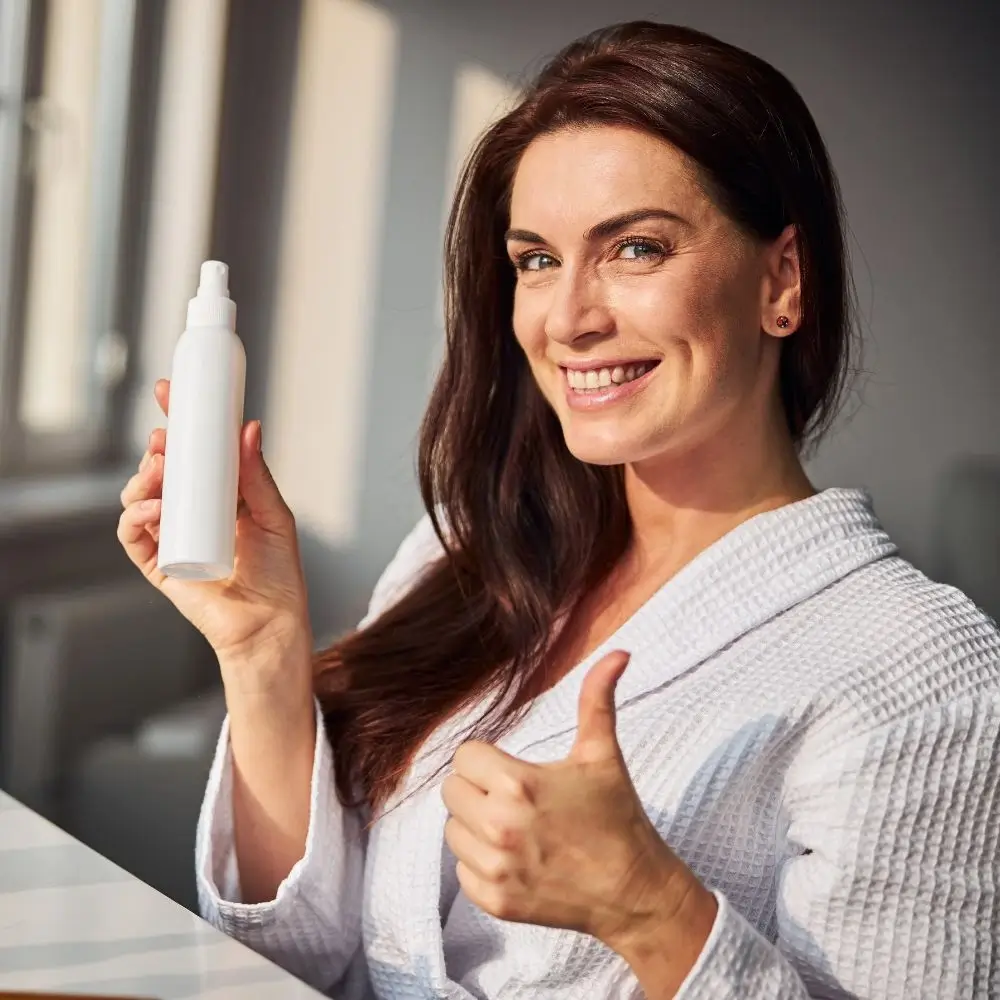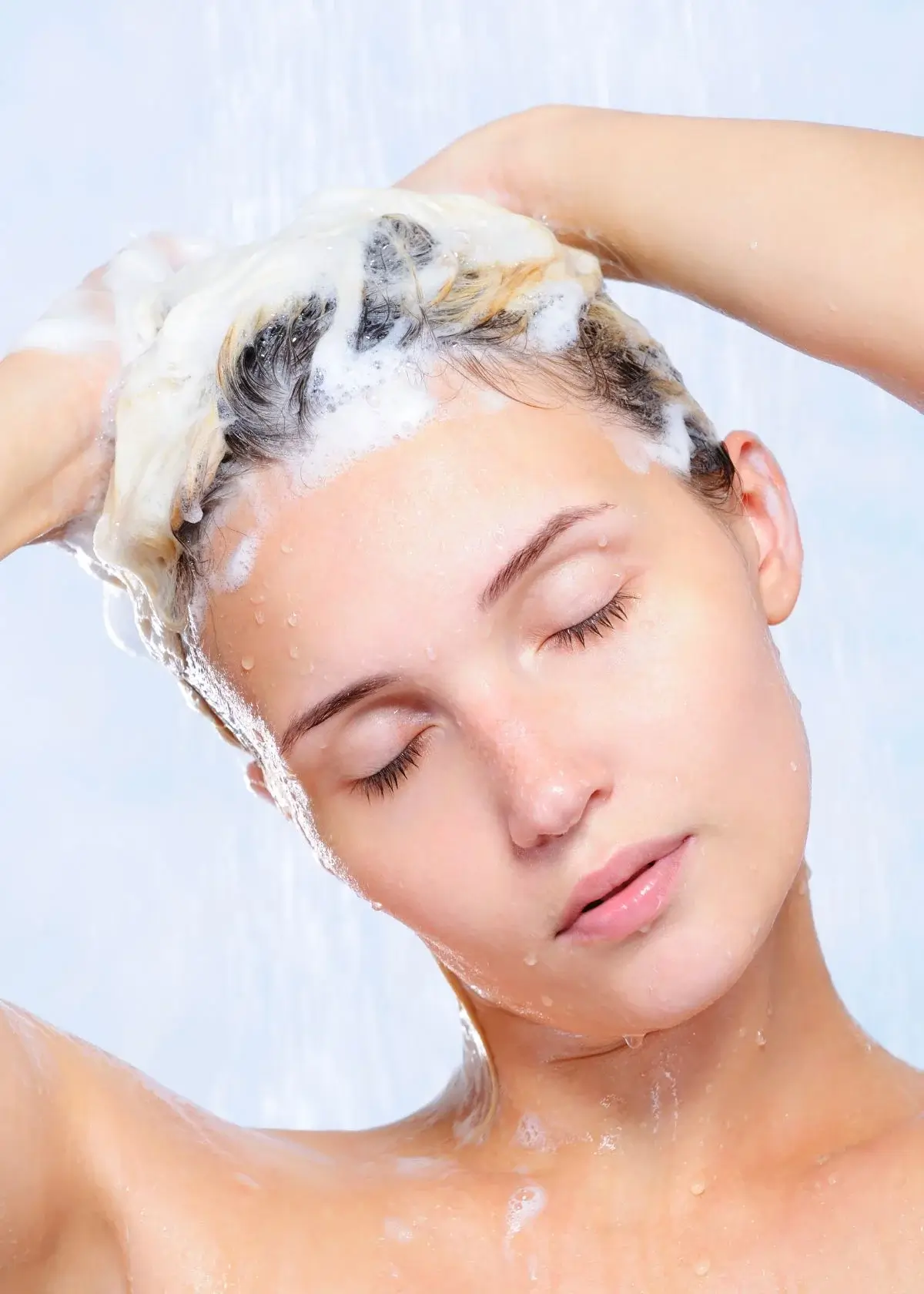When it comes to hair care, we often focus on the products we use, the treatments we undergo, and the techniques we adopt. However, another crucial factor that can significantly impact our hair health is the quality of water we use. Hard water, which contains high levels of minerals like calcium and magnesium, can wreak havoc on our tresses, leading to hair fall, dullness, and scalp issues. That's where water softeners come in. This blog post will explore the benefits of using a water softener for hair care and how it can transform your routine.
Reduced Hair Fall
Hard water can be particularly harsh on our hair, causing it to become brittle and prone to breakage. The mineral buildup from hard water can clog hair follicles, leading to hair fall. You can bid farewell to excessive hair fall by installing a water softener. Softened water helps maintain the natural moisture balance of your hair, reducing breakage and promoting healthier, stronger strands.
Enhanced Hair Shine
If you've noticed that your hair lacks the luster it once had, hard water may be to blame. The minerals in hard water can create a dulling film on the hair, making it appear lackluster and lifeless. Using a water softener can restore your hair's natural shine. Softened water helps rinse away impurities effectively, leaving your locks looking vibrant and glossy.
Improved Scalp Health
Hard water can disrupt the delicate balance of your scalp, leading to dryness, itchiness, and even dandruff. The mineral buildup on the scalp can interfere with its natural oil production, resulting in an imbalanced and uncomfortable scalp environment. With a water softener, you can improve your scalp health. Softened water helps maintain a healthy pH level, preventing dryness and irritation and promoting a more balanced and nourished scalp.
Better Hair Texture
The minerals in hard water can leave residue on your hair, making it feel rough and weighed down. This can be particularly frustrating when trying to achieve smooth and silky tresses. By incorporating a water softener into your hair care routine, you can experience a transformation in your hair texture. Softened water reduces residue more effectively, leaving your hair feeling softer, smoother, and more manageable.
Cost Savings on Hair Care Products
The negative effects of hard water often require us to use more hair care products to counteract them. From clarifying shampoos to deep conditioning treatments, the costs can quickly add up. However, by investing in a water softener, you can enjoy cost savings on hair care products. Softened water allows your hair care products to work more efficiently, reducing the need for excessive product usage and prolonging the lifespan of your favorite hair treatments.
When achieving luscious locks, don't underestimate the impact of water quality. Using a water softener can unlock a range of benefits for your hair. The advantages are undeniable, from reduced hair fall and enhanced shine to improved scalp health and better hair texture. Say goodbye to the damaging effects of hard water and embrace the transformative power of soft water on your hair. Consider installing a water softener and experience the difference it can make in your hair care routine. Your locks will thank you!
After conducting thorough research, we have uncovered the ultimate solution to combat the damaging effects of hard water on your hair. Our team has meticulously curated a collection of the finest shampoo and conditioner for hard water specifically designed to address the challenges. Say goodbye to mineral buildup and hello to revitalized, lustrous locks. Don't let the harshness of hard water dull your shine! Click the link below to discover your new favorite shampoo and conditioner, carefully formulated to combat the detrimental impact of hard water.
What are the potential long-term effects of using regular shampoo in hard water?
Prolonged use of regular shampoo in hard water can have lasting effects on hair health. The mineral buildup over time leads to increased dryness, dullness, and a reduction in lathering. Residual minerals weaken the hair strands, impacting its overall texture, manageability, and appearance. To counteract these effects and maintain optimal hair health, incorporating periodic use of clarifying shampoos is essential. These specialized formulations effectively remove mineral deposits, preserving the vibrancy and structural integrity of the hair in challenging hard water conditions, underscoring the importance of a strategic and evolving hair care routine.

What is the impact of hard water on different hair textures?
The impact of hard water varies significantly across different hair textures. Fine hair may become limp due to mineral buildup, while coarse hair may experience heightened dryness. The mineral content in hard water affects the hair cuticle, making it imperative to tailor hair care routines based on individual texture needs. Choosing products that address specific texture requirements, such as volumizing formulas for fine hair or moisture-rich options for coarse hair, ensures a nuanced approach to optimal hair health. This personalized strategy aims to mitigate the diverse effects of hard water, fostering resilient and well-maintained hair regardless of its texture.

What factors should be considered when selecting a conditioner for hard water?
When selecting a conditioner for hard water, several factors should be considered. Opt for formulations that contain chelating agents, actively combating mineral buildup. Moisturizing ingredients like glycerin play a crucial role in counteracting the drying effects associated with hard water. Silicone-based conditioners create a protective barrier, preventing mineral deposits from affecting the hair's health. Tailoring the choice of conditioner to individual needs, whether for color-treated or textured hair, ensures comprehensive care, effectively mitigating the adverse effects of hard water.

How can I maintain the vibrancy of colored hair in hard water?
Maintaining the vibrancy of colored hair in hard water demands a strategic and multifaceted approach. Choose sulfate-free shampoos and conditioners for color-treated hair to prevent premature color fading. Incorporate regular clarifying treatments to eliminate mineral buildup and maintain color brilliance. Using leave-in treatments with UV protection offers another defense against environmental factors. This meticulous care routine, combining targeted products and preventive measures, ensures the prolonged vibrancy of colored hair in hard water conditions.

How does the porosity of hair affect its response to hard water?
The porosity of hair plays a crucial role in determining its response to hard water. High-porosity hair absorbs minerals more readily, leading to increased dryness and frizz. In contrast, low-porosity hair may experience mineral accumulation on the hair surface, impacting shine and manageability. Tailoring hair care routines to accommodate these porosity levels is essential. Deep conditioning helps retain moisture for high-porosity hair while clarifying treatments prove beneficial for low-porosity hair by preventing surface mineral buildup. This personalized care approach optimizes hair health in hard water conditions, emphasizing the importance of adapting routines to individual porosity for comprehensive and tailored hair care.
Should I use a leave-in conditioner to protect my hair from hard water minerals?
Incorporating a leave-in conditioner is a highly beneficial strategy to protect hair from the adverse effects of hard water minerals. Leave-in formulations create a protective barrier on the hair, preventing mineral deposits and offering ongoing hydration throughout the day. This additional layer of defense proves particularly valuable for individuals seeking prolonged protection against the potential damage caused by mineral buildup. Regular use ensures that the hair remains moisturized, manageable, and shielded from the detrimental effects of hard water.







